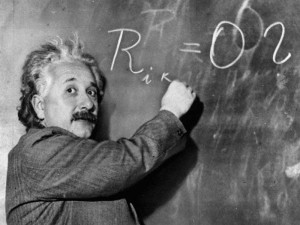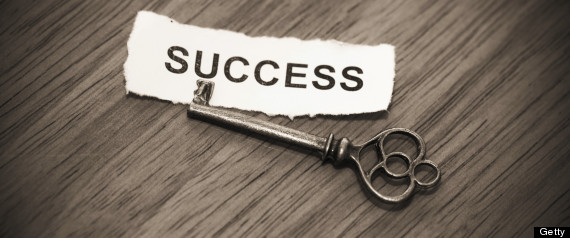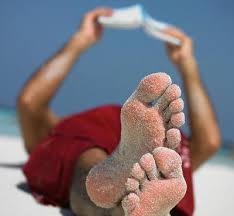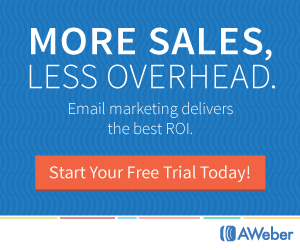As you know I’m big on “Reading for Profits”, which means I like to read books, take one or two ideas from them and implement on the street right away.
on the street right away.
Why else would we read business books for?
That’s right, to get smarter and better at what we do!
I read a total of 35 books this year, but I’m going to share with you my “Reading for Profits –Top 10”
Every single one of these books will help re-shape the way you think about Money – Business – and People.
As you probably know, no good fortune will ever come to you unless you change the way you think… These books will help you do precisely that!
…but don’t take my word for it.
Here we go:
The 100 Startup: Reinvent the Way You Make a Living, Do What You Love, and Create a New Future – Chris Guilleabeau takes us through real life examples of regular people who are not only making money doing what they love, but have attained financial independence and personal freedom in the process. Great read if you still have doubts about getting something going and finally getting off your butt and start doing what you were meant to do… which believe me, it’s probably not what you are doing right now for someone else!
The Monk and the Riddle: The Art of Creating a Life While Making a Living – Randy Komisar is one of those guys I just need to meet one day. This book took me into the mind of a business genius in a story telling format rare for VC guys like him. Not only did I learn about the way Venture Capitalists think about business opportunities but I also had fun reading it! Highly recommended.
My Life in Advertising and Scientific Advertising (Advertising Age Classics Library) – by Claude Hopkins. If you are in sales, marketing and advertising, this book is a must read. I read it once a year, together with The Magic of Thinking Big
and How To Win Friends and Influence People
.
Screw Business As Usual – by Sir Richard Branson. All aspiring entrepreneurs, business people and leadership pundits should read this one. It’s full of practical anecdotes, real life examples and people stories. The main message I got from it whether you run a small business or a fortune-500 one is: Be different and don’t lose your way! Remember why you did it in the first place and search for that passion.
Words That Work: It’s Not What You Say, It’s What People Hear – Rarely is a book so necessary as this one. Frank Luntz makes and inarguable case for how important and indispensable words and overall language are to get your message across. It’s an essential read because its value crosses genres and impacts so many different areas of our culture.
Abundance: The Future Is Better Than You Think – Finally a book were optimism, abundance and hope are the main message regarding the outcome of our species. Written by Peter Diamandis and Steven Kotler. I’m so tired of reading about wicked problems and the problems found in solutions that when reading this book I just felt instantly better, optimistic and with a renewed vigor and strength to fight for the things that are truly important in life. These guys really do a good job of addressing some of the major challenges that we face as a people, but with a witty, insightful and problem solving mindset. Top 3 read for me this year!
Ten Powerful Phrases for Positive People – By Rich DeVos. The greatness of this book lies in the simplicity of its message! How can Ten simple phrases be so powerful? – Probably has something to do with how much meaning is behind them. I’m not going to spoil it for you. Pick this one up, it truly is a game changer! Top 3 read for me this year!
How to Win at the Sport of Business: If I Can Do It, You Can Do It – Mark Cuban doesn’t pull any punches on this one. This book is written for all kinds of entrepreneurs and business people that are still not digging deep enough. I won’t hold it against him that he owns the Mavericks, me being a die-hard Heat fan and so on… but, he does get my respect and admiration for being a bad-ass business man! Definitely a guy I’d want to meet and play some golf with one day!
The New Wellness Revolution: How to Make a Fortune in the Next Trillion Dollar Industry – The wellness industry is now a Trillion dollar industry. Paul Zane Pilzner makes an incredible case and backs it with more than enough data pointing to only one conclusion: If you are looking to start a business, your chances of success in this industry are drastically higher than in any other in the next 15 years… Make a move now!
Getting Everything You Can Out of All You’ve Got: 21 Ways You Can Out-Think, Out-Perform, and Out-Earn the Competition – Jay Abraham is the Godfather of Business Strategy! This read not only shaped but completely rearranged how I look at strategy in small, medium and large businesses. Top 3 read for me this year!
If you are looking to make a move from Cubicle nation on to the entrepreneurial arena -Or maybe not a complete move but you are starting a business on the side, every single one of these books will be not only inspirational but practical in that endeavor.
As a business man or woman, reading is an essential part of your education, your growth and evolution as a person. Largely because new ideas in combination with your own mojo shape your mind and instigate action. If you don’t read, you don’t learn about options, outcomes, ideas, people, research, money and mostly… “yourself”
This wraps the 2013 “Reading for Profits” updates my friends… I’ll be sharing my monthly reads weekly from now on, so stay close!
Also, Subscribe Right Now to our Lifestyle Design and Marketing Strategies that Work Updates on the TOP RIGHT of this Page!






